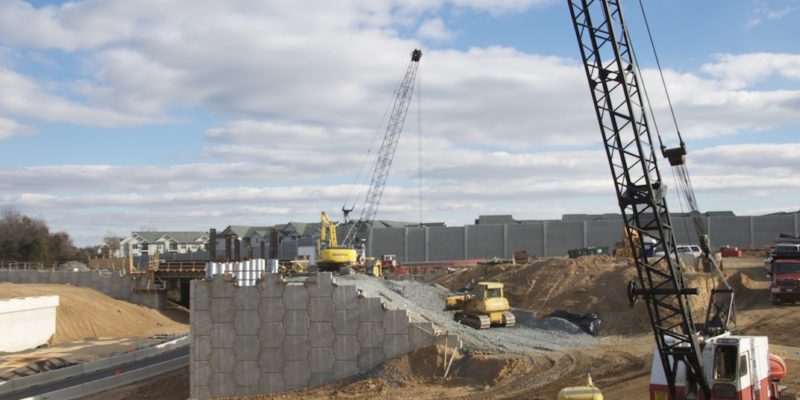By ENERGY TOMORROW BLOG
on August 21, 2017 at 10:00 AM
We’ve posted quite a bit recently about the need for streamlining the federal permitting process for energy infrastructure (see here and here). An API study earlier this year estimated investments in needed natural gas and oil infrastructure could total more than a trillion dollars and potentially generate more than 1 million jobs through 2035. That’s a lot of economic potential linked to infrastructure – and in that context, President Trump’s new executive order modernizing and bringing greater accountability to the federal permitting process certainly is welcome.
It coincides with release of a new study, for North America’s Building Trades Unions (NABTU), detailing the jobs and economic impacts of energy infrastructure construction. NABTU President Sean McGarvey and API President and CEO Jack Gerard talked about the study and America’s energy infrastructure needs during a conference call with reporters.
The pipeline employment study estimated that $6 billion to $28 billion was spent annually o n new additions to and the reconstruction of existing pipelines from 2006 to 2016:

The study:
Industrial construction is an important source of jobs for the skilled construction trades. Individuals who engage in industrial construction have certifications, licensing, and training that provide guarantees that they are competent in difficult, specialized work. Pipeline workers are an important segment of this group. Pipelines are important to the efficient operation of the U.S. economy, and pipeline construction is an important source of family supporting jobs for construction workers.
McGarvey said the study’s findings are noteworthy they show support for the economy during a period that included a recession. Pipeline construction jobs bolster America’s middle class, he said. McGarvey:
“We’re talking about average weekly earnings of almost $1,200 a week, to keep folks squarely in the middle class. We look forward, based on this study, to show the real impact of this industry on maintaining that floor.”









